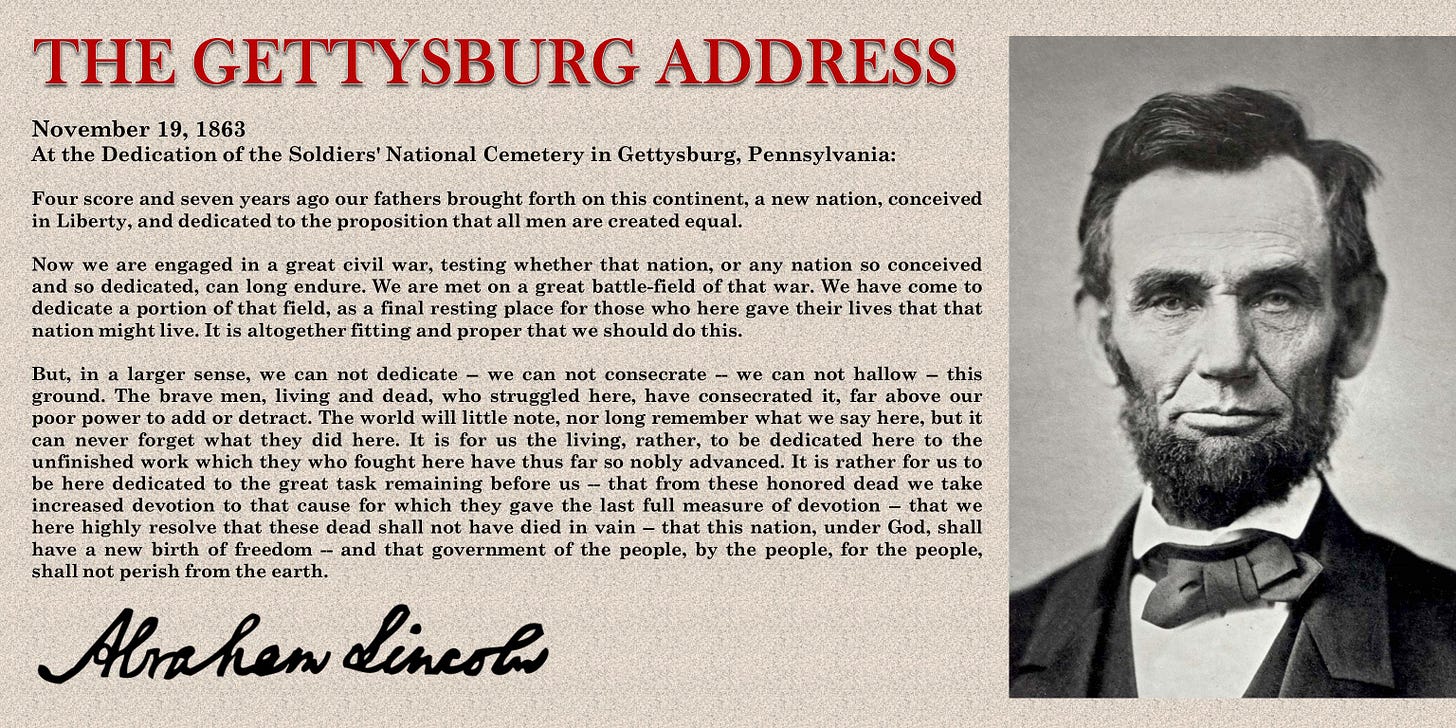Washington DC 5 July 2022
RAND author Michael J. Mazarr has just published an assessment of what makes a country great. It is like looking at before and after photos of an old friend who has gone through tough times and has not fared well.
David Ignatius’ column in the Washington Post alerted me to this new work. Ignatius writes
Michael J. Mazarr’s disturbing conclusion is that America is losing many of the seven attributes he believes are necessary for competitive success:
national ambition and will;
unified national identity;
shared opportunity;
an active state;
effective institutions;
a learning and adaptive society; and
competitive diversity and pluralism.
Mazarr writes in the study that
Competitive societies tend to be open, tolerant, full of intellectual energy and commitment to learning; they have a powerful sense of their own role in the world and a sense of mission or will; they almost always benefit from strong public and private institutions, as well as a state apparatus that actively promotes advantage; and they embody a pluralistic clash of ideas and an ability of people from many backgrounds to offer their talents and succeed.
That is a pretty tight assessment of why America became a superpower and was successful for so long. I think it is fair to say America no longer resembles that description. In fact, America is the opposite of almost every element, especially with regard to intellectual curiosity, pluralism, tolerance, and competitive diversity.
In terms of the quality of ideas behind our actions, as a people we have gone from this
to this

Or as political operative turned commentator Steve Schmidt puts it
American politics has become a proving ground for the proposition that malice, incompetence, corruption, dishonesty, extremism and weirdness are the rocket fuel for success. What were once disqualifying vices have become the golden gate to power, fame and fortune within a broken society where conflict and contempt are billion dollar industries.
Ignatius continues
Mazarr notes polling that three-quarters of those surveyed in 2019 were unhappy about where the country is headed. A 2018 study reported that more than 60 percent of those polled had “more fear than hope.” And Americans across party lines don’t trust our country’s institutions. A 2018 poll registered only 10 percent who were “very satisfied” with how democracy is working; it also found that two-thirds of respondents agree that “public officials don’t care what I think.”
When countries begin to fail, he argues, “it is a negative-feedback loop, a poisonous synergy.” The energy that could reverse decline becomes sapped by mistrust and misinformation. Some people get so angry they want to burn the house down and start over.
The changes that Mazarr describes, and that I catalogue with reference to future domestic politically motivated violence, have not come about by accident. All of this has been created by powerful foreign and domestic monied interests for a political purpose. The original title of Civil Wars II was Manufacturing An American Spring: From Insurrection to Insurgency. I decided to simplify the title because most readers are not international security experts and would likely not understand what “An American Spring” was referring to - namely the western correlate to the recent “Arab Spring” that turned that part of the world on its head.
Some of what has happened is natural. Global powers wax and wane for all sorts of naturally occurring internal and external reasons. However, there is a domain within which actors in the international and domestic systems attempt to create outcomes for their competitors and enemies. The previous intention to use ‘Manufacturing’ relates to that dynamic. Indeed, if you look at the cover art carefully, I tried to hint at what I had in mind - although in talking to people it seems the message is too subtle or perhaps on line people don’t look too closely.
In the palm of the puppeteers hand is the seal of the GRU - Russian military intelligence. On each fingertip is an icon of a social media giant. The puppeteer is manipulating both fascists and anti-fascist ideologies towards conflict and violence. A significant portion of the book explores how Russian intelligence uses social media algorithmic manipulation to set American society at odds. Of course these same techniques have been adopted by domestic political groups who benefit from instigating turmoil and violence. The role of Steve Bannon and Cambridge Analytica in this story cannot be overstated. Of course, Bannon is one of the key nodes linking GRU to Trump world.

This new Mazarr study offers insights into how the US is performing cross key indicators of national power and cohesion. He does not go as far as Civil Wars II - in outlining the consequences of the changes he outlines, but he certainly provides a rational and compelling case for the drivers of change and the overall direction in which the country is headed. One last note. Compare rising China across the same categories.
Get the full Mazarr study here




